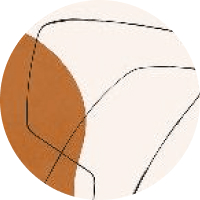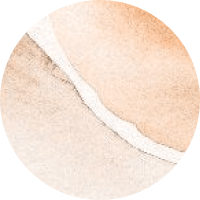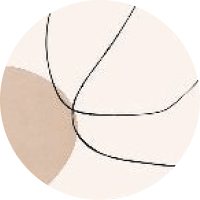Understanding Vaginal Atrophy: Symptoms, Causes, and Treatment Options
If you’ve ever experienced persistent vaginal dryness, irritation, itching, or pain, you may be dealing with vaginal atrophy. While this condition is common, it can feel distressing and even painful, impacting both day-to-day life and intimate moments. The good news? Vaginal atrophy is highly treatable, and understanding its causes and treatment options is the first step toward finding relief.
What is Vaginal Atrophy?
Vaginal atrophy is a condition where the vaginal walls become thinner, and lubrication decreases, often due to low estrogen levels. This can lead to discomfort, pain during sex, and other troubling symptoms. Doctors now refer to vaginal atrophy as “genitourinary syndrome of menopause” (GSM) to better encompass its full range of symptoms, including sexual, vaginal, and urinary issues.
How Common is Vaginal Atrophy?
Vaginal atrophy is most often associated with menopause, with 40% to 57% of postmenopausal women experiencing symptoms. However, it’s not exclusive to this life stage. Research suggests that 15% of women may experience vaginal atrophy symptoms before menopause. Despite its prevalence, many people don’t discuss their symptoms due to embarrassment or the misconception that it’s an unavoidable part of aging. In fact, around 70% of those affected don’t seek medical advice.
Symptoms of Vaginal Atrophy
Vaginal atrophy and GSM can manifest in various ways, including:
- Vaginal dryness, irritation, burning, or itching
- Decreased lubrication
- Pain during sex (dyspareunia) or orgasms (dysorgasmia)
- Bleeding during or after sex
- Pelvic pain or pressure
- Urinary symptoms like frequent UTIs, incontinence, or overactive bladder
Among these, vaginal dryness, decreased lubrication, and painful sex are the most commonly reported.
What Causes Vaginal Atrophy?
The primary cause of vaginal atrophy is a drop in estrogen levels, which play a critical role in maintaining vaginal health by:
- Keeping the vaginal lining thick and elastic
- Supporting blood flow
- Maintaining vaginal moisture
Estrogen levels naturally decline during perimenopause and menopause, but they can also be affected by other factors, including:
- Breastfeeding
- Certain medications, such as anti-estrogen treatments for endometriosis
- Primary ovarian insufficiency or removal of the ovaries
- Cancer treatments like chemotherapy
Treatment Options for Vaginal Atrophy
While vaginal atrophy can be uncomfortable, it’s not permanent. A variety of treatment options are available to help manage symptoms and improve quality of life.
- Over-the-Counter Treatments
Non-prescription options can restore moisture and reduce symptoms like dryness and discomfort. These include:
- Vaginal moisturizers
- Vaginal lubricants
- Prescription Medications
If over-the-counter treatments aren’t enough, stronger prescription options are available, such as:
- Prescription-strength vaginal moisturizers and lubricants
- Hormone Replacement Therapy (HRT)
HRT can help stabilize hormone levels. For vaginal atrophy, localized vaginal estrogen therapy is often recommended. This treatment involves low doses of estrogen administered directly to the vagina using a tablet, cream, gel, or ring. Benefits include:
- Increased lubrication and elasticity
- Improved blood flow
- Thickened vaginal lining
- Relief from urinary symptoms like recurrent UTIs and incontinence
Localized vaginal estrogen therapy is highly effective and has minimal side effects since the hormone remains concentrated in the vaginal area.
- Natural Remedies
Lifestyle changes and natural remedies may also help alleviate symptoms. Consider:
- Eating foods rich in phytoestrogens (soy, flax seeds, lentils)
- Taking vitamins like vitamin E
- Regular exercise
- Stress reduction techniques
Don’t Suffer in Silence
If you’re experiencing symptoms of vaginal atrophy, remember: you’re not alone, and there’s nothing embarrassing about seeking help. Talking to your doctor can open the door to effective treatments tailored to your needs.
Next Steps
For a deeper dive into advanced treatments, check out our next blog about RenovALase, a laser therapy option that can help restore vaginal health and alleviate symptoms in a clinic setting.









